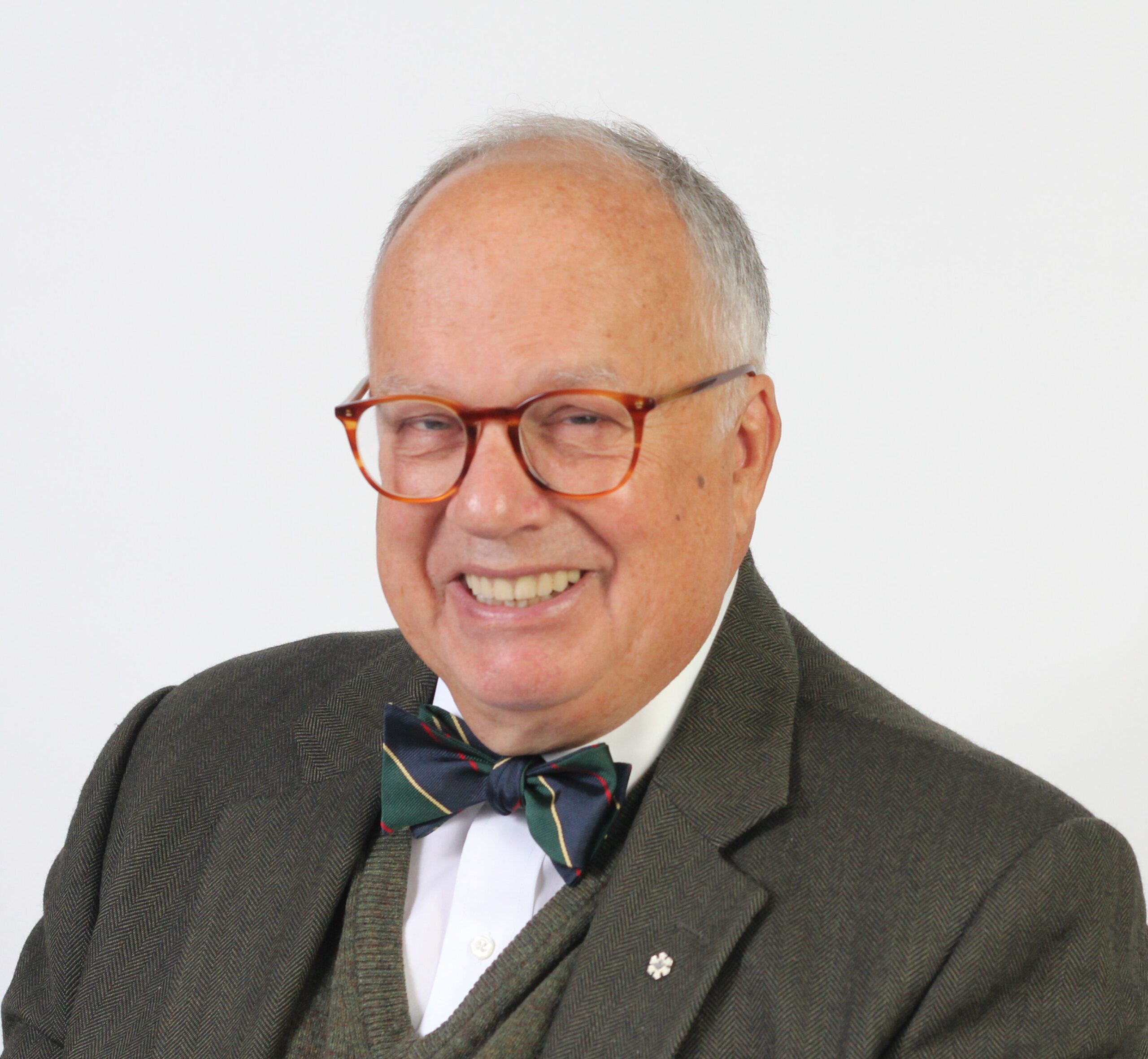Some years ago, when he was still the Prince of Wales, King Charles mused that if he actually made it to his Coronation Day he might prefer to swear support of all the mainstream religions by adjusting his title from “Defender of the Faith” to “Defender of Faith.” “The” faith, of course, is the Church of England of which, constitutionally, King Charles is the temporal leader. The Archbishop of Canterbury is the spiritual leader, whoever he or she might be at any point.
We now know that this remark did not go down well because of the special relationship the Sovereign has in his English realm with the state church. He is also the temporal leader of the (Scottish) Presbyterian Church when he is in Scotland, and that too is totally tied up in constitutional history and political realities. It created an interesting denominational anomaly last year when Queen Elizabeth died a Presbyterian in Scotland but was buried an Anglican in England.
In Canada, Charles is just the head of state and in some ways he has an easier time identifying with other denominations and faiths here than in the United Kingdom, where the contradictions of history sometimes bear down with a debilitating weight. Charles is quite open about his Christian faith as well as his often-intense interest in things spiritual in general. That makes him different from his mother. Queen Elizabeth wore her devout Christian faith and Anglicanism quite quietly although it was more sensible than profound. I once asked the sub-dean of the Chapel Royal at St. James’s Palace if her Majesty was high church or low church. “Neither,” said Canon Paul Wright, the only priest employed by the royal household. “She is short church, and it is a brave preacher whose sermon goes longer than seven minutes if she is attending.”
For his part, King Charles is probably good for a 15-minute sermon, if it is intelligent and reaches out beyond the narrow confines of denominationalism. He takes his role as a Christian leader quite seriously, and it is definitely an Anglican approach and open to sharing with all other denominations and faiths. Within Christianity, probably the denomination that most attracts him apart from Anglicanism is Eastern Orthodoxy. His father, Prince Philip, was Greek Orthodox and he is said to be attracted to the somber asceticism of Orthodoxy.
But then, during his seemingly endless training to be king, he has also made a point of attending Muslim services and events, particularly when there has seemed to be an increase in anti-Muslim sentiments. But he certainly is particularly strong on identifying with Jewish communities and some of his speeches at Jewish events are deeply moving. He rarely fails to mention his paternal grandmother, Princess Alice of Battenberg, who died a Greek Orthodox nun but was buried in Israel and was awarded the title of “Righteous Gentile” for her brave support of Jews during the Second World War in Athens, which was then under Nazi occupation.
He has for some years tried hard to reach out to Sikh, Hindu and Baha’i communities in Britain, knowing that they have had challenges in past years as Britain adjusted, like Canada, with some difficulty to increasing multicultural realities. And yet ancient denominational rivalries are also and always calling out to him for some sort of deliverance, none more so than the mutual Protestant and Roman Catholic hatreds which can still flare up in Northern Ireland even after the 1998 peace settlement.
“The queen was very explicit about her Christian faith, but Charles is of a different nature,” Ian Bradley, a Scottish professor of spiritual history at the University of St. Andrew’s, told the Washington Post last year. “His is more spiritual and intellectual.”
On the day after Queen Elizabeth died, Charles addressed his people for the first time as king and he specifically noted his responsibility to the Church of England in which his own faith, he said, “is so deeply rooted.” He continued, “In that faith, and the values it inspires, I have been brought up to cherish a sense of duty to others, and to hold in the greatest respect the precious traditions, freedoms and responsibilities of our unique history and our system of parliamentary government.”
It was a speech to allay any suspicions that he might set off on a radically different approach to the constitutionally restricted role his mother personified and that he was pledging to follow. And yet there is this eerie echo of history in that King Charles is the first divorced sovereign since Henry VIII. Unlike his notorious forebear who was responsible for the break with Rome, however, Charles is more likely to try to be a bridge between both denominations and faiths. As anyone who has spent some time with him can attest, the fact that he is a sympathetic, generous and intelligent man is his greatest asset and also his sturdy armour against all the slings and arrows that will inevitably come his way. It is not all that easy these days to be a “defender of faiths.”





